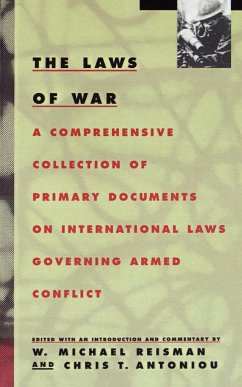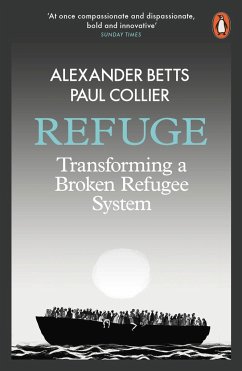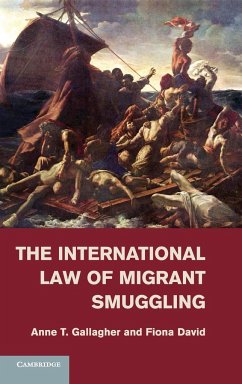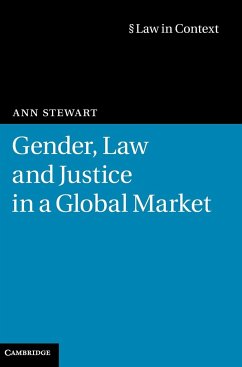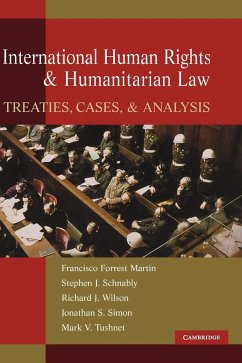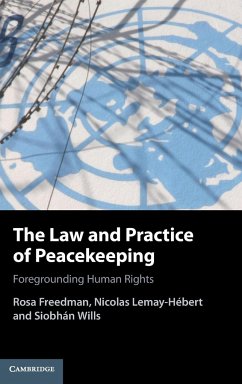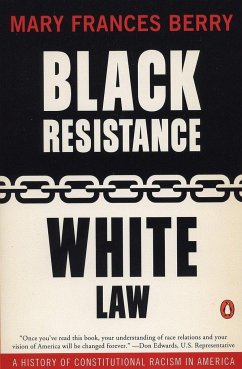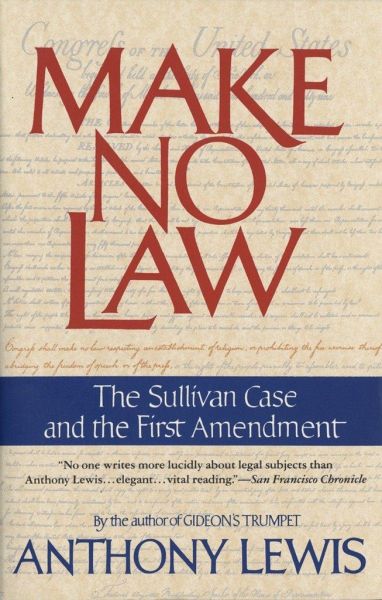
Make No Law
The Sullivan Case and the First Amendment

PAYBACK Punkte
9 °P sammeln!
A crucial and compelling account of New York Times Co. v. Sullivan, the landmark Supreme Court case that redefined libel, from the Pulitzer Prize-winning legal journalist Anthony Lewis. The First Amendment puts it this way: "Congress shall make no law...abridging the freedom of speech, or of the press." Yet, in 1960, a city official in Montgomery, Alabama, sued The New York Times for libel-and was awarded $500,000 by a local jury-because the paper had published an ad critical of Montgomery's brutal response to civil rights protests. The centuries of legal precedent behind the Sullivan case and...
A crucial and compelling account of New York Times Co. v. Sullivan, the landmark Supreme Court case that redefined libel, from the Pulitzer Prize-winning legal journalist Anthony Lewis. The First Amendment puts it this way: "Congress shall make no law...abridging the freedom of speech, or of the press." Yet, in 1960, a city official in Montgomery, Alabama, sued The New York Times for libel-and was awarded $500,000 by a local jury-because the paper had published an ad critical of Montgomery's brutal response to civil rights protests. The centuries of legal precedent behind the Sullivan case and the U.S. Supreme Court's historic reversal of the original verdict are expertly chronicled in this gripping and wonderfully readable book by the Pulitzer Prize Pulitzer Prize-winning legal journalist Anthony Lewis. It is our best account yet of a case that redefined what newspapers-and ordinary citizens-can print or say.





